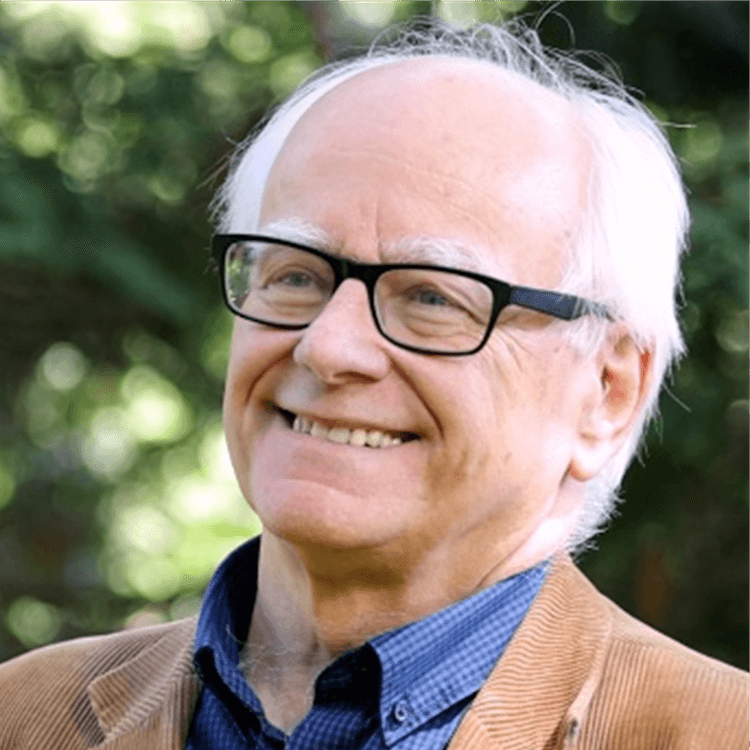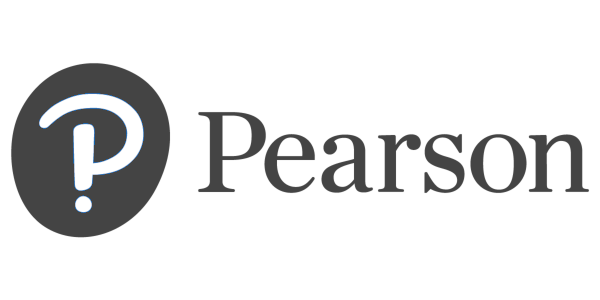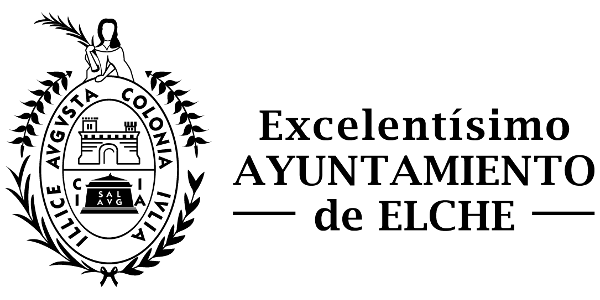Speaker

JONATHAN HILL
Manchester Metropolitan University. UNITED KINGDOM
Jonathan is currently Professor of Child and Adolescent Psychiatry at Manchester Metropolitan University, Visiting Professor of Philosophy at the University of Reading, and Honorary Consultant in Child and Adolescent Psychiatry at Oxford Health NHS Foundation Trust, UK. He was previously at the University of Liverpool, where he established the Wirral Child Health and Development Study (WCHADS) of prenatal and early developmental influences on child and adolescent mental health.
The WCHADS participants have been followed through childhood and into adolescence, and the study continues to yield new insights into development and psychopathology. From 1997 – 2002 he was a Fellow in the Child and Family Research Center at the Menninger Clinic, directed by Peter Fonagy. The Family Domains Framework was the product of watching many hours of family interactions, and illuminating discussions with colleagues there. The title of a talk which he gave recently, ‘Philosophy, Biology and Family Therapy: from theory to practice’ encapsulates his belief in the potential of bringing together these perspectives.
The Theory and Practice of Family Domains

Following assessment of a 15 year old who has taken an overdose, their parent comes into the room and says to them, ‘so what’s been going on then?’ to which the young person replies, ‘nothing….I told you before.’ This familiar sequence commonly leaves the young person feeling that they have not been understood and the parent that there is nothing they can do to help.
The aim of the Family Domains framework is to provide practitioners, parents and young people with the tools to understand and find alternative solutions to familiar distressing sequences such as this, and hence improve mental health outcomes.
I will outline the four Family Domains of Exploratory, Attachment, Discipline/Expectation and Safety, and their distinctive qualities. For example, some are child led, while others are parent led. Throughout the day parents are, generally without being aware of it, continually making decisions regarding which is the most appropriate domain for the situation and conveying that to their child. Confusion and distress commonly occur when the signals for the domain are unclear, as in the parent’s question, ‘so what’s been going on then?’
I will describe the use of the Family Domains framework in a range of clinical and therapeutic contexts, including Dialectical Behaviour Therapy, adolescent in-patient mental health provision, and social care. I will show how Family Domains based observations can be made, and new ideas generated, by all practitioners who come in contact with young people and their parents.










